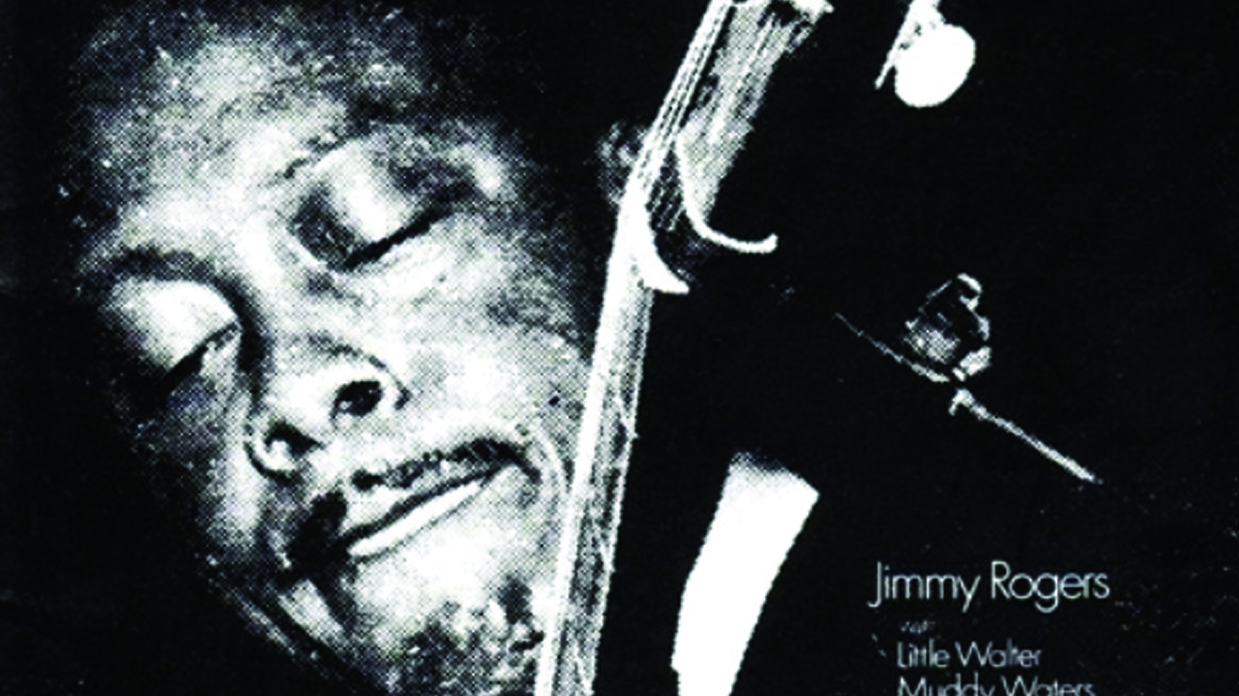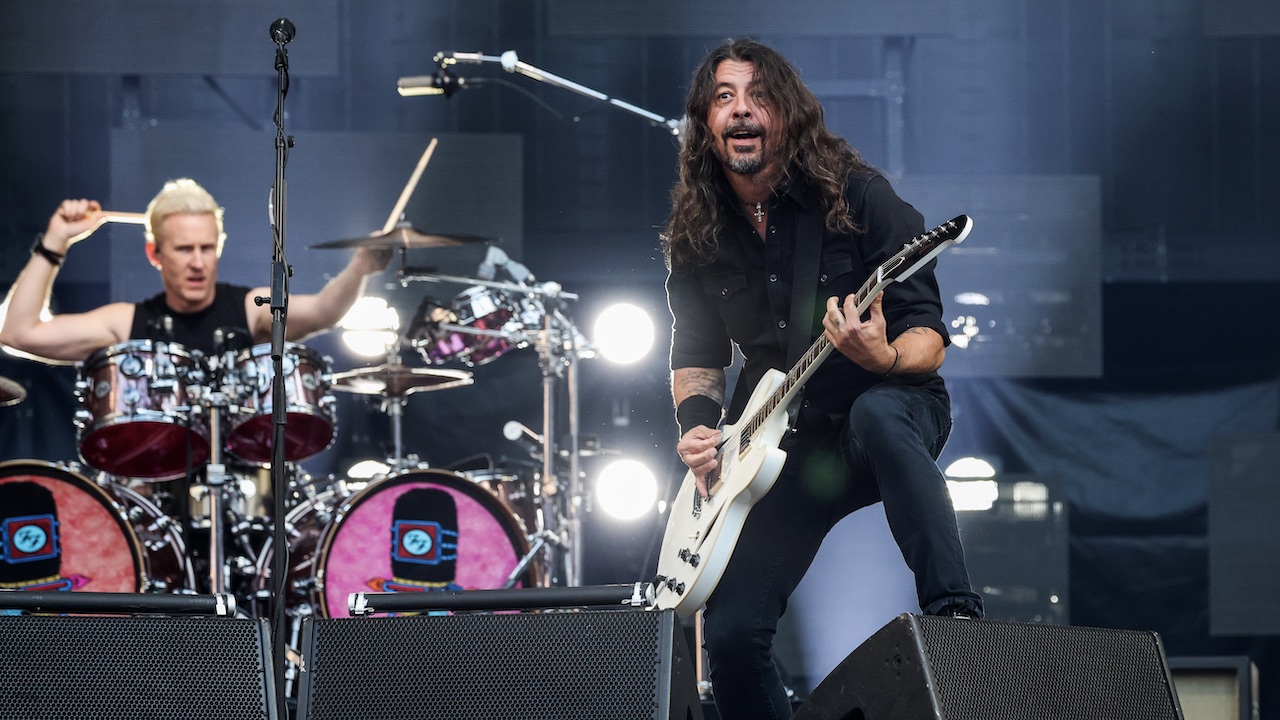You can trust Louder
In the first half of the 50s, when the majority of the 26 tracks collected here were recorded, Jimmy Rogers was a crucial cog in the awesome blues machine that was the Muddy Waters band. But with so dominant a personality making his presence felt out front, it was possible not to notice Rogers’ elegant second-lead lines and unclichéd rhythm playing, so it’s fortunate that Chess Records considered him worth recording in his own right, with Muddy either in the background or not present at all. Between 1950 and the end of 1955, he made nine singles for the label, variously accompanied by Little Walter, Muddy, Robert Lockwood Jr, pianists Eddie Ware or Henry Gray, drummer Elga Edmonds and other Chicago major-leaguers.
Listening now to the 18 featured numbers from those sessions is like being given a masterclass in bluescraft. When people talk reverently about the “classic” sound of 50s Chicago blues, this, basically, is what they mean. Perfectly balanced ensembles in which the instrumental voices hold a conversation, each telling its own pithy story, animated but never shouting over the others. A perfect balance, too, of tradition and modernity, the catchy hooks of The Last Time or You’re The One living comfortably alongside the timeless melodies of Going Away Baby, Sloppy Drunk or That’s Alright.
Like Muddy Waters, like Howlin’ Wolf, Rogers knew how to sound simultaneously downhome and up-to-date, but his way of doing so was very different from theirs. Muddy and Wolf have unrefined deep south voices; hearing them, you know in an instant what kind of place they have come from. Rogers is more elusive. Though born in the Delta county of Sunflower, Mississippi, he grew up in Atlanta and Memphis, and maybe it was this early immersion in city life that gave him his urbane everyman’s voice. It lacks the bursting-out-of-the-grooves thunder of Muddy or Wolf, but on the other hand it draws you closer to the song – and Rogers’ songs, most of which he wrote himself, are almost unfailingly memorable. Their tone is generally rueful and reflective, typified by song titles such as Out On The Road, I Used To Have A Woman or Left Me With A Broken Heart. Another is Walkin’ By Myself, a good song but hijacked, so far as posterity is concerned, by Walter Horton’s famous blasting two-chorus harmonica solo.
By the time he made that recording, in late 1956, Rogers had quit the Waters band. He continued to make records for Chess for another three years; they were more modern in sound and conception, and he sometimes handed over the lead guitar role to studio pros such as Jody Williams and Reggie Boyd. He delivered them with great aplomb, but you sense that his heart wasn’t quite in it. Within a year he was out of the business.
He would return and work for periods during the 70s, 80s and 90s, his powers largely undiminished. But it’s with his 50s recordings that he claims, and earns, his high standing in blues history, and the best of them are all gathered in this indispensable collection.
Sign up below to get the latest from Classic Rock, plus exclusive special offers, direct to your inbox!
A music historian and critic, Tony Russell has written about blues, country, jazz and other American musics for MOJO, The Guardian and many specialist magazines. He has also acted as a consultant on several TV documentaries, and been nominated for a Grammy three times for his authorship (with Ted Olson) of the books accompanying the Bear Family boxed sets. He is the author of Blacks, Whites and Blues (1970), The Blues: From Robert Johnson to Robert Cray (1997) and Country Music Originals: The Legends and the Lost (2007).


